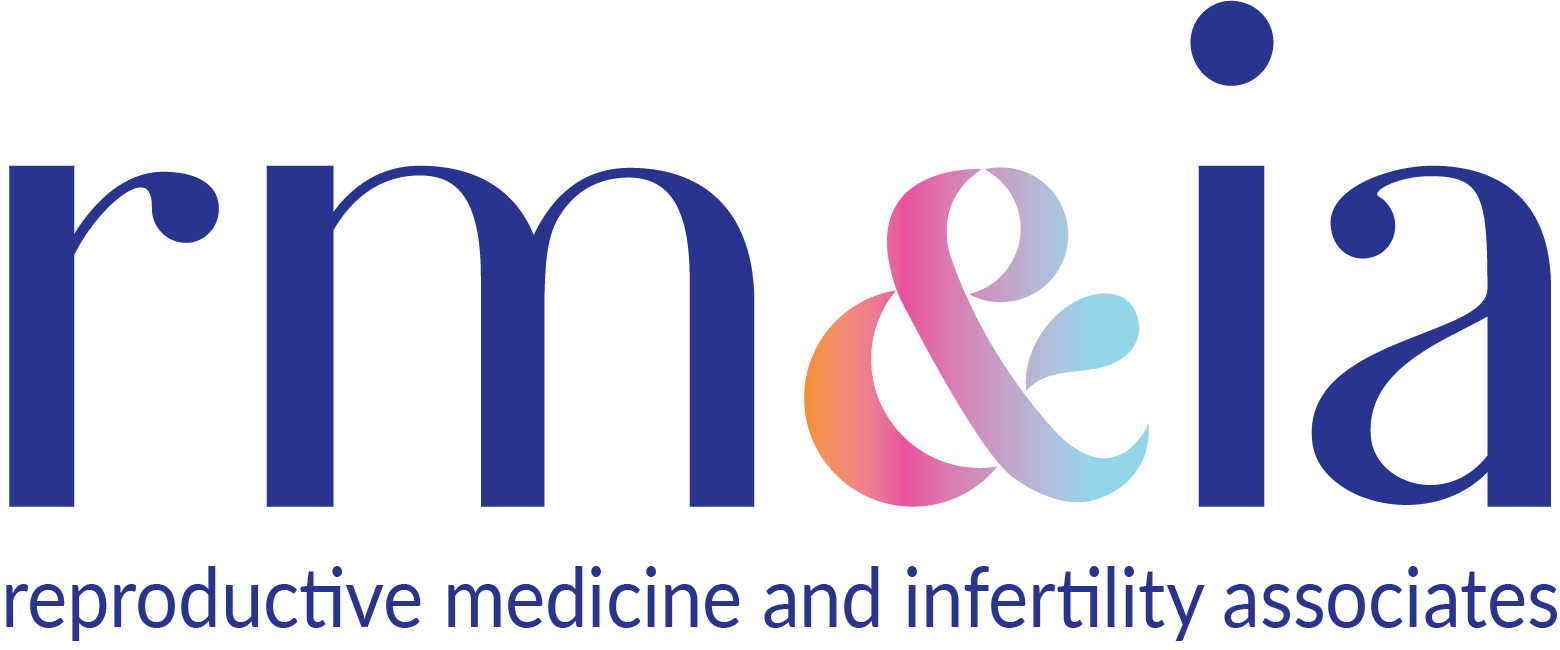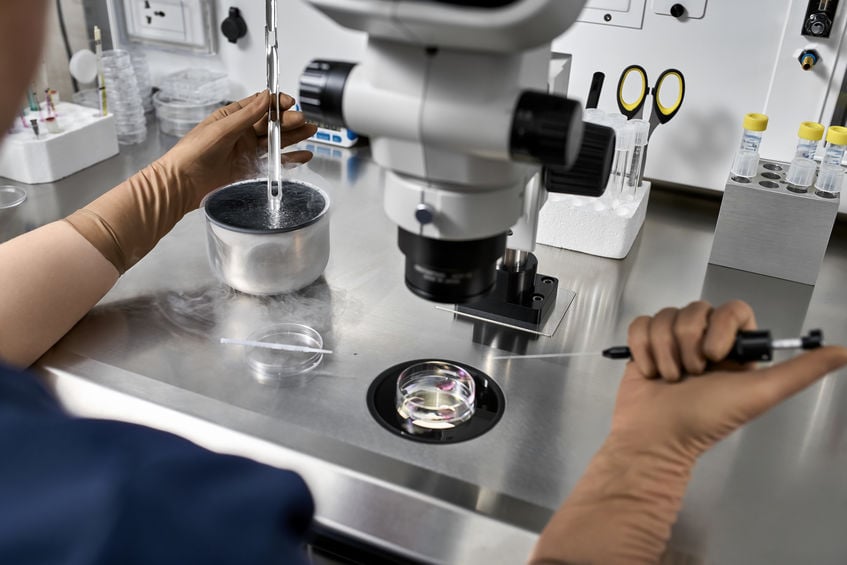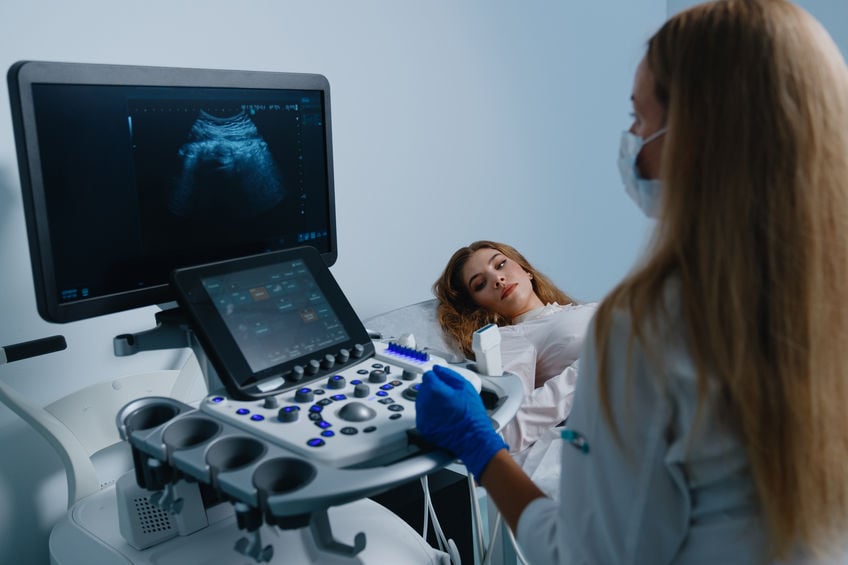Getting Pregnant With Donor Eggs
When attempts at conception, both naturally and with assisted reproductive technology (ART), have been unsuccessful, donor eggs are often the next step. Egg donation is when a third-party woman provides eggs to a patient desiring pregnancy in hopes of creating a baby. Egg donors are usually young and healthy, increasing the chances of success. Although each situation is unique, the following 4 reasons are commonly cited by women using an egg donor.

1. Older age
Many women are postponing pregnancy to pursue a career or find the right romantic partner. However, as a woman ages, the number of eggs naturally decreases. This means pregnancy is less likely to occur with each passing year. For women over 40, in particular, an egg donor may be needed to achieve a healthy pregnancy. With an egg from a younger donor, the risk for IVF failure, miscarriage, and chromosomal problems is much lower.
2. Diminished ovarian reserve
Although all women lose eggs with age, the decline happens much sooner for some individuals. Diminished ovarian reserve (DOR) is a condition where a woman has fewer eggs left in the ovaries than other women the same age. Although only 1 egg is needed to conceive a healthy pregnancy, women with DOR may have a more challenging time getting pregnant, even with IVF treatment. A donor can offer the patient the eggs needed to get pregnant.
3. Repetitive IVF failures
Undergoing IVF can be stressful, time-consuming, and expensive. After repetitive failures, women can feel disheartened and want to give up altogether. Although there are multiple roads to take at this pivotal point, including adoption and remaining childless, the fertility doctor may recommend an egg donor for women who still want to pursue pregnancy. In some cases, the intended mom may even be able to carry the pregnancy using the donated egg.
4. Prevent hereditary risk
Many genetic conditions can be passed down from generation to generation. Cystic fibrosis (CF), muscular dystrophy, hemophilia, high cholesterol disease, and deafness are just a few examples of conditions babies can inherit from parents. Sometimes, hereditary conditions can cause serious medical problems or decreased life expectancy. For women who want to avoid such outcomes, selecting an egg donor who does not carry the gene that can result in the condition can solve the problem.
A different path to pregnancy
Although no woman starts the pregnancy process planning to use donor eggs, in some instances, this is the best choice to grow a family. Donor eggs can help older patients, women with DOR or repetitive IVF failure, and couples concerned about passing down genetic health conditions. The path to pregnancy may be slightly different but can still result in the desired outcome of a healthy baby boy or girl.





